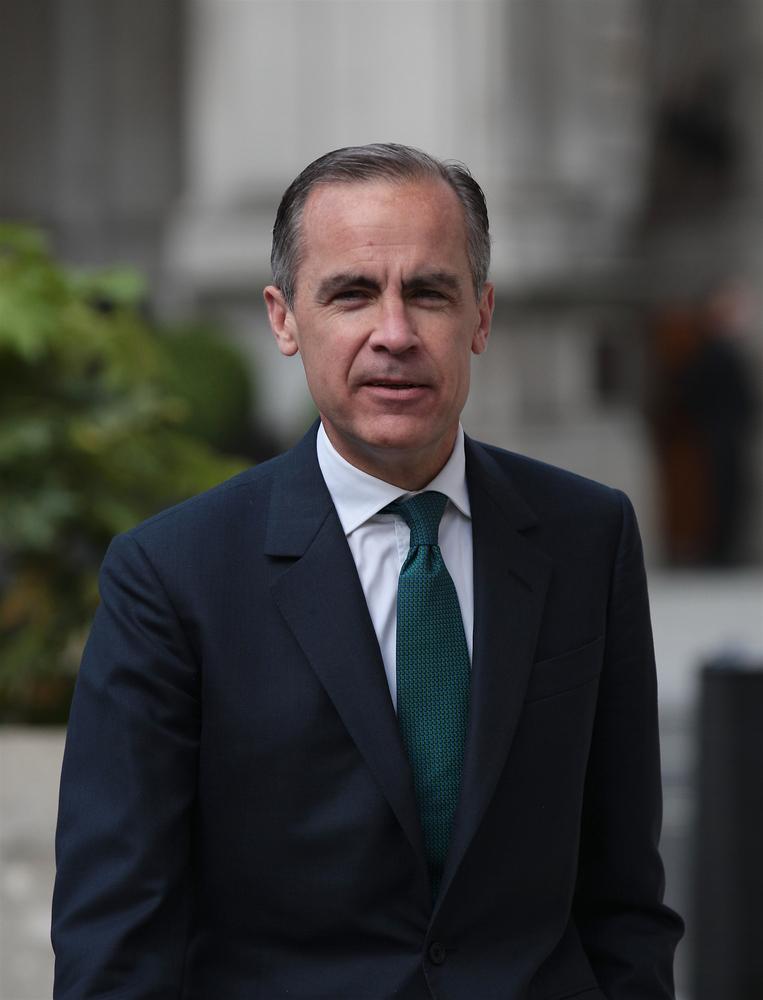
In what was a largely tight-lipped appearance before the Treasury Committee, Governor of the Bank of England Mark Carney cited today’s Sterling rebound as being due to a no-deal Brexit scenario looking less likely.
Following a sharp dip yesterday, in the build up to the historic meaningful vote in Commons, Carney told members of the house that today’s recovery reveals that financial markets are entertaining the possibility that the Brexit process will be extended, and consequently that a no-deal appears a more distant reality.
Will it ever get boring?
With what has been a deal of two years in the making – and despite the prime minister’s best efforts to badger opponents into supporting whatever she put on the table – the reality of an extended Brexit negotiation period looks ever-more-likely. The problem is still the same, though. Theresa May has two weeks to table an alternative, but this leaves little-to-no time for this deal to be agreed by the EU and British MPs, let alone any time to ratify and amend the legal article before the deadline.
Before procedural issues though, the problem remains of what deal are we actually looking for? Ms May has outlined a deal that ends the freedom of movement while attempting to maintain a good relationship with the EU, but this is altogether too vague. It is clear perhaps, that the UK should not waste the EU’s time, and should send negotiators to Brussels with something our Parliament actually supports.
Mark Carney’s outlook for the near future
Looking forwards, Mark Carney stated that he remained confident in the UK banking sector’s ability to weather a hard Brexit; pointing toward capital reserves that could be used to support lending.
He did, however, warn that pundits would be right to expect market volatility to continue in coming months. Not only are Brexit tropes set to rear their heads a few more times, but the Governor of the BoE warned that the UK should be wary of the implications of a Chinese economic slowdown which is set to continue in 2019.
The Sterling Domesday scenario covered by the BoE
During the session, BoE policymaker Richard Sharp made an important point, the British economy will suffer most if investors lose faith in the government’s ability to manage financial affairs.
So one would be right to ask, what do the BoE foresee as the market’s reaction to a Brexit worst case scenario? – a ‘disorderly’ Brexit.
According to Mark Carney, a scenario in which Sterling plunges 25% and 8% is knocked off the UK GDP is not tenable, on the basis that such as a collapse would be caused by the imposition of tariffs and economic dislocation, and also that the BoE altering interest rates would have a long-term – not immediate – impact.
What has been learned?
Nothing surprising – the pound looks set to waver on political uncertainty, and ifanything of substance were going on, Carney would be reluctant to comment in a public forum, should his remarks contribute to the concerns of investors who are already biting their nails.
One upshot is that the Governor of the BoE reassured MPs that despite disagreements over derivative contracts, no rift exists between the Bank of England and the European Central Bank; which still holds ten of trillions of pounds worth of contracts in the City.
